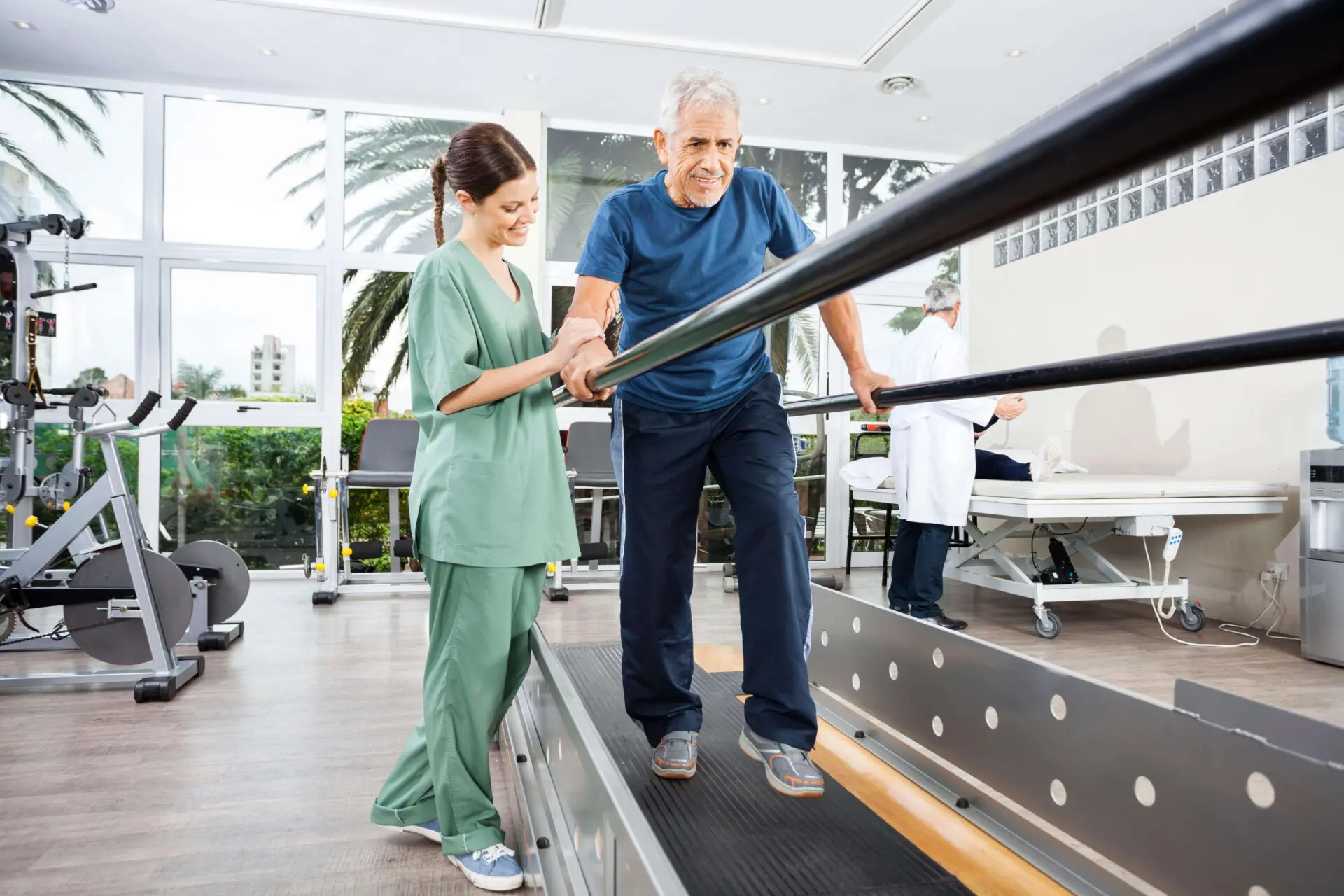How Dementia Fall Risk can Save You Time, Stress, and Money.
How Dementia Fall Risk can Save You Time, Stress, and Money.
Blog Article
The Best Strategy To Use For Dementia Fall Risk
Table of ContentsThe smart Trick of Dementia Fall Risk That Nobody is DiscussingAbout Dementia Fall RiskThe Ultimate Guide To Dementia Fall RiskOur Dementia Fall Risk IdeasAll about Dementia Fall Risk
The FRAT has three areas: drop risk condition, risk element checklist, and action strategy. A Loss Threat Condition includes data regarding background of current drops, medicines, mental and cognitive standing of the patient - Dementia Fall Risk.If the patient scores on a threat factor, the corresponding number of factors are counted to the individual's loss threat rating in the box to the far appropriate. If a person's fall danger score completes 5 or greater, the person is at high danger for falls. If the patient scores just 4 points or reduced, they are still at some risk of falling, and the registered nurse ought to utilize their ideal scientific assessment to handle all loss risk elements as component of an alternative treatment strategy.
These common approaches, generally, help develop a secure atmosphere that minimizes unexpected drops and delineates core precautionary measures for all individuals. Indications are essential for clients at risk for drops. Healthcare service providers need to recognize that has the condition, for they are in charge of carrying out activities to advertise client safety and stop falls.
Examine This Report on Dementia Fall Risk
Wristbands should include the patient's last and initial name, day of birth, and NHS number in the UK. Details should be printed/written in black against a white history. Only red color should be utilized to indicate unique patient status. These recommendations follow existing growths in individual identification (Sevdalis et al., 2009).
Products that are too much may call for the client to connect or ambulate needlessly and can possibly be a hazard or add to drops. Aids avoid the person from heading out of bed without any type of assistance. Registered nurses respond to fallers' call lights faster than they do to lights initiated by non-fallers.
Visual problems can considerably trigger falls. Hip pads, when used correctly, may decrease a hip fracture when loss happens. Keeping the beds closer to the flooring decreases the threat of falls and severe injury. Putting the cushion on the floor substantially decreases loss risk in some health care setups. Low beds are created to lessen the range a person falls after moving out of bed.
Dementia Fall Risk - An Overview
Clients who are tall and with weak leg muscular tissues who try to remain on the bed from a standing setting are most likely to fall onto the bed since it's also low for them to lower themselves safely. Also, if a high patient efforts to rise from a low bed without help, the individual is most likely to drop back down onto the bed or miss the bed and fall onto the flooring.
They're designed to advertise timely rescue, not to protect against drops from bed. Apart from bed alarms, boosted supervision for risky people also might help protect against drops.

Patients with a shuffling gait increase loss possibilities dramatically. To lower loss risk, shoes ought to be with a little to no heel, thin soles with slip-resistant tread, and support the ankle joints. Advise patient to use nonskid look at these guys socks to stop the feet from gliding upon standing. Encourage clients to use appropriate, well-fitting shoesnot nonskid socks for ambulation.
4 Easy Facts About Dementia Fall Risk Shown
Patients, especially older adults, have reduced aesthetic capacity. Lighting an unknown setting helps boost presence if the client should rise during the night. In a research study, homes with appropriate lighting record less drops (Ramulu et al., 2021). Improvement in illumination in your home might decrease loss rates in older read the full info here grownups (Dementia Fall Risk). The usage of stride belts by all health and wellness treatment providers can promote security when assisting patients with transfers from bed to chair.

Sitters work for assuring a protected, protected, and secure atmosphere. Studies showed extremely low-certainty proof that caretakers reduce autumn danger in acute treatment medical facilities and only moderate-certainty that options like video surveillance can minimize sitter use without enhancing loss threat, recommending that caretakers are not as beneficial as originally believed (Greely et al., 2020).
How Dementia Fall Risk can Save You Time, Stress, and Money.

Raised physical fitness lowers you could try this out the threat for drops and restricts injury that is sustained when loss transpires. Land and water-based workout programs may be likewise advantageous on balance and stride and thereby decrease the risk for falls. Water workout might add a positive advantage on equilibrium and stride for women 65 years and older.
Chair Increase Exercise is an easy sit-to-stand exercise that assists strengthen the muscles in the thighs and butts and enhances movement and freedom. The objective is to do Chair Rise exercises without making use of hands as the client ends up being more powerful. See resources section for an in-depth guideline on just how to carry out Chair Increase exercise.
Report this page